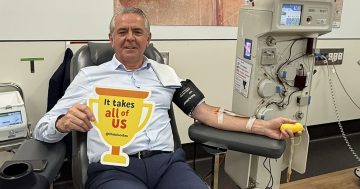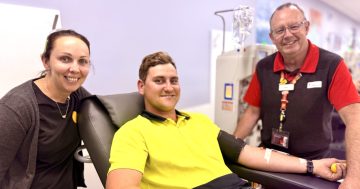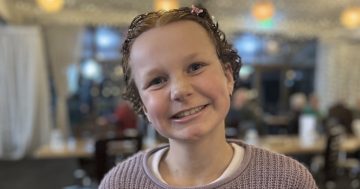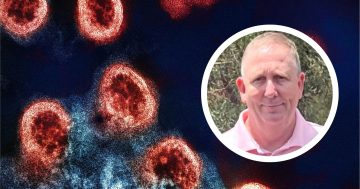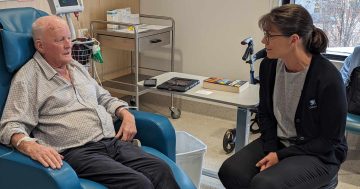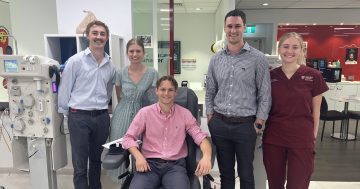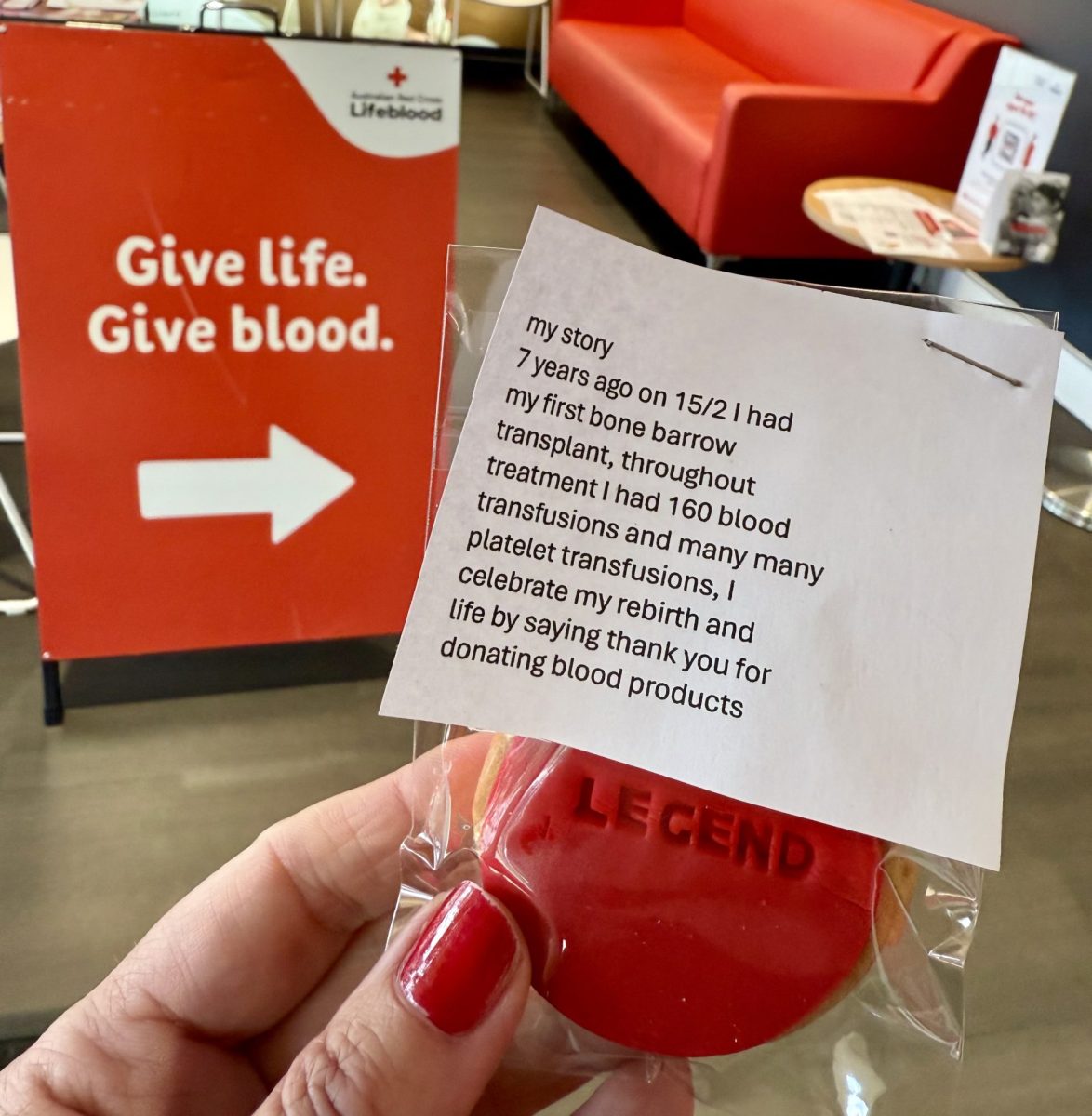
Around 625,000 Australians will be allowed to give blood and plasma following the easing of restrictions from 14 July. Photo: Riverina Lifeblood.
Australian Red Cross Lifeblood will ease its long-standing rules banning gay and bisexual men from donating blood or plasma.
Currently, gay and bisexual men and transgender women who have sex with men, cannot donate blood or plasma if they have had sex in the past three months.
However, from 14 July, most wait times will be scrapped. Those who take pre-exposure prophylaxis (PrEP), a medication that prevents HIV, will also be able to give blood.
Wagga Wagga Mardi Gras founder Holly Conroy, who is a transgender woman, said it’s “a little bit silly that it’s taken this long”.
“The fact that it’s taken this long means they’ve missed out on quite a bit of good blood that could have been out there saving people’s lives,” she said.
“The fact that it’s taken this long for them to do it is pathetic, it’s ridiculous that it’s taken this long, but it’s good that it’s finally happened as well.”
Jemma Falkenmire from Lifeblood ACT said from 14 July, the only restriction that would remain in place for people wanting to donate plasma would be people who have HIV, or people with a partner with HIV.
“This opens the door for a lot of people to be able to donate plasma who previously haven’t been able to, including gay and bisexual men and trans women, but also sex workers and people who might have a partner from a high risk HIV country,” she said.
“There is no other country in the world that is allowing that wide range of people to have the opportunity to donate plasma, particularly people on PrEP.”
Royal Australian College of General Practitioner for NSW and ACT Chair Dr Rebekah Hoffman said the blood and plasma donated would be “absolutely” safe to use.
“This is a sensible move towards improving access to whole blood plasma and blood products,” she said.
“The risk was already incredibly low for patients who have been screened and are eligible to donate.
“One, it reduces the stigma associated with their personal choices, but also increases the number of people who are available to donate blood.”
Ms Falkenmire said only about three per cent of Australians actually donated blood and plasma, even though 58 per cent of the population were eligible.
Next month’s changes will open the doors for another 625,000 people to donate. Lifeblood is expecting around 95,000 donations.
“The reason for this change is that Lifeblood has been able to demonstrate [to the Therapeutic Goods Administration] that the processing that plasma goes through after we collect it effectively filters out viruses and bacteria,” Ms Falkenmire said.
“That significantly reduces the risk of an infection being passed on to a patient.
“Australia has an incredibly safe supply of blood and plasma by global standards and so it was important to us that we had a solution that allows lots of people to donate but that was safe.
“Blood doesn’t go through that same kind of processing, so there will still be people unable to donate blood and that’s because there’s a window period with picking up new infections.
“The reason for the change is that we’ve seen HIV rates significantly decline in Australia over the last 10 years, and these rules were set up to prevent HIV being passed on to patients.”
Lifeblood is also working towards making blood and platelet donation more accessible for men in long-term relationships with other men, which will come into effect next year.
It is currently waiting for legal approval to the donor questionnaire from state and territory governments.
“We know this has been a very difficult role for many people in the community and it has contributed to stigma,” Ms Falkenmire said.
“But we really hope this is a turning point for people in the community by providing a new guideline that’s fair and equal, as well as boosting donations.”
To donate, call 13 14 95 or visit lifeblood.com.au. People who will be eligible after the rule change will need to get in touch after 14 July.







